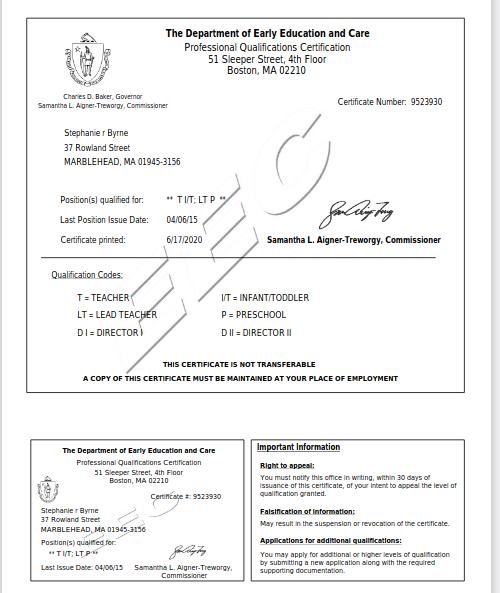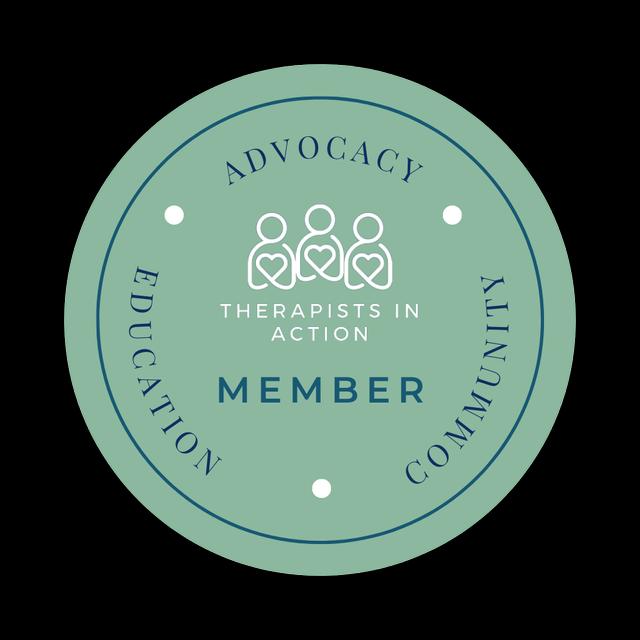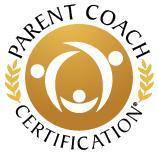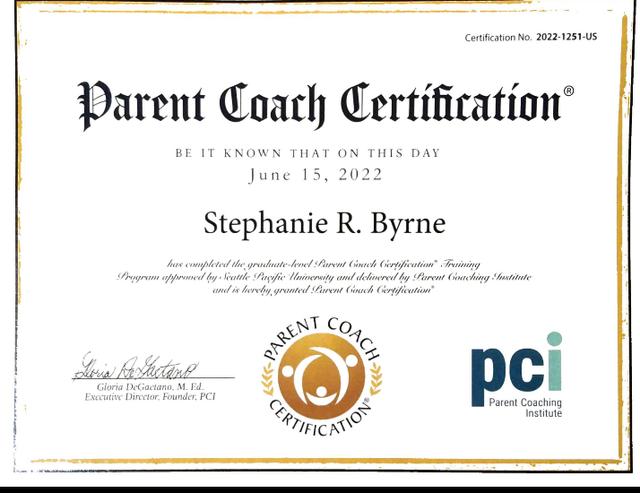Stephanie Byrne
About Stephanie Byrne I'm a human services professional collaborating w families since 2000. I carry Lead Teacher certification across multiple age groups through the MA DEPT of Early Education & Care. I also |






Stephanie Byrne doesn’t have reviews yet.
Click the button below to leave the first one!
New article Embracing Gratitude: Nurturing a Positive Mindset for the Journey of Parenting already available! Read it now
New article Suggestions For An Effective And Successful Start To Reducing Screen And Technology Use already available! Read it now
New session 10 hours of parent coaching already available! Book it now